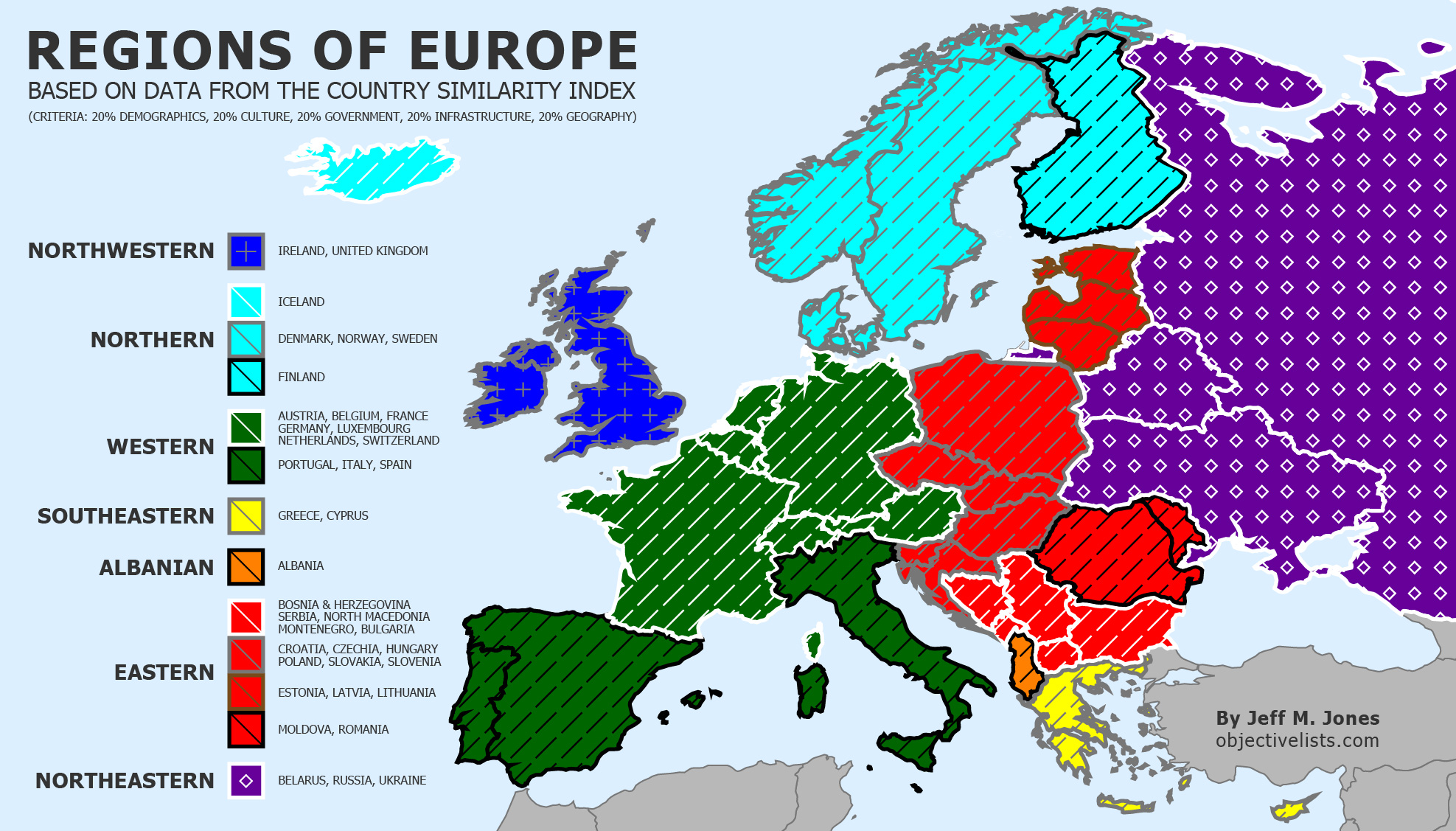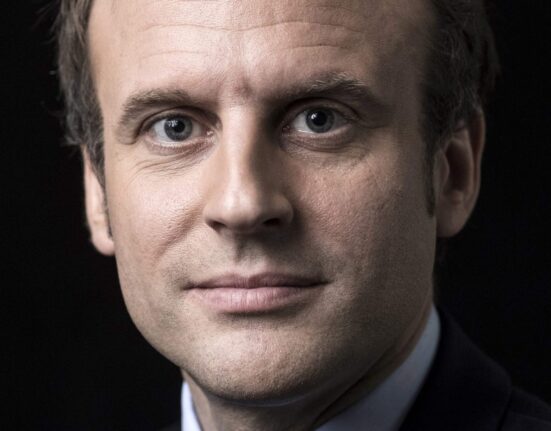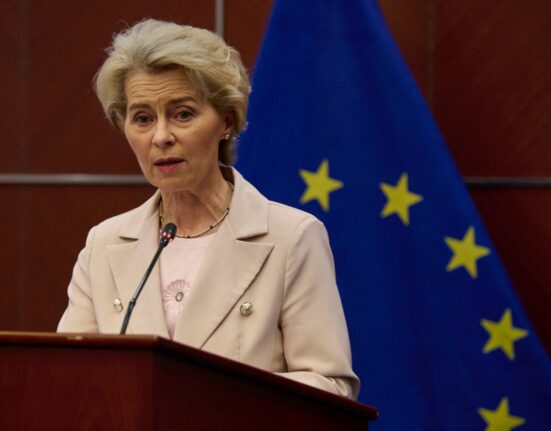A recent two-day strike by French air traffic controllers sent shockwaves through the European aviation industry, causing disruptions to more than a thousand flights. The aftermath left airlines counting their losses in millions of euros, sparking outrage and frustration among airline executives.
“I’d be better if I wasn’t canceling 400 flights and 70,000 passengers just because a bunch of French air traffic controllers want to have recreational strikes,”
lamented Ryanair’s CEO Michael O’Leary. The financial toll was reiterated by Benjamin Smith, the CEO of Air France-KLM Group, who emphasized how the strike
“is extremely expensive for us. It costs us millions of euros.”
The strike stemmed from disagreements between two unions and the French directorate general for civil aviation over issues like understaffing and the implementation of a new biometric time clock system. This clash reflects deeper structural challenges within the French air traffic control system that have long been a point of contention.
Airlines are increasingly frustrated with the frequent disruptions caused by French strikes, highlighting operational inefficiencies that impact not only airlines but also passengers’ travel plans. O’Leary criticized the management of French air traffic controllers, pointing out that
“There’s no shortage of air traffic controllers in France. The real issue is that they don’t roster them particularly well.”
The impact of these strikes goes beyond financial losses for airlines; it tarnishes France’s reputation as a tourist destination at the onset of the summer holiday season. Smith expressed concern over this saying,
“It’s not something that you see in the rest of Europe.”
Such disruptions affect travelers flying into or transiting through France, creating an unfavorable image for both tourists and business travelers alike.
The incident highlights longstanding concerns about staffing levels among air traffic controllers in France, with reports indicating instances where understaffing led to safety risks such as near-collisions at airports. These safety lapses underscore the importance of addressing systemic issues within the air traffic control sector to ensure safe and efficient operations.
The involvement of multiple unions in such strikes complicates negotiations and resolution efforts, further exacerbating tensions between labor groups and aviation authorities. The recent walkout organized by UNSA-ICNA and supported by USAC-CGT reflects broader discontent within the workforce regarding working conditions and organizational practices.
Amidst this turmoil, airlines have criticized what they perceive as inadequate protection measures for flights passing over French airspace during these disruptive events. O’Leary’s scathing remarks included blaming Ursula von der Leyen and the European Commission for failing to safeguard flights amidst such industrial actions.
O’Leary’s pointed criticism extended to von der Leyen personally, accusing her of negligence in addressing critical aviation issues while prioritizing other matters on her agenda. His call for reform within European air traffic control systems underscores broader concerns about regulatory oversight and crisis management capabilities at both national and supranational levels.
As stakeholders navigate these complex challenges, attention turns towards finding sustainable solutions that balance labor rights with ensuring uninterrupted air travel across Europe. The need for coordinated efforts involving all parties – governments, regulatory bodies, airlines, and labor unions – is imperative to prevent future disruptions that impact both industry stakeholders and passengers alike.







Leave feedback about this